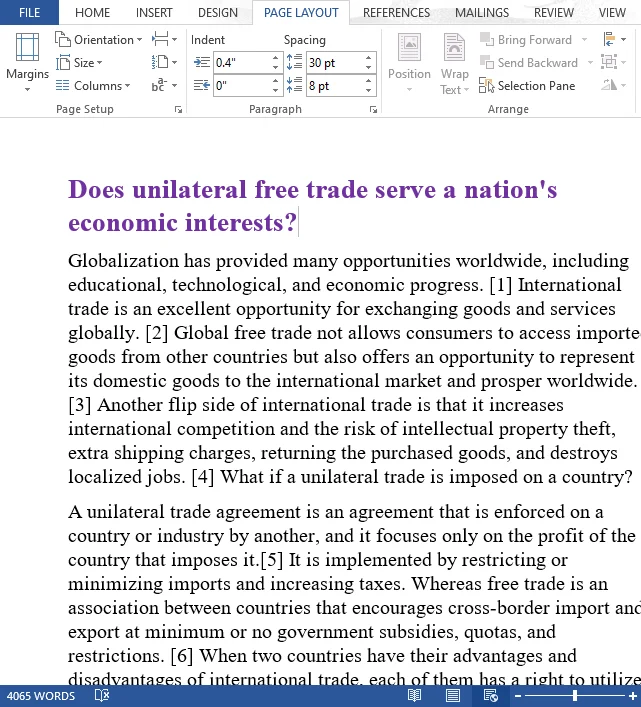Here is a sample that showcases why we are one of the world’s leading academic writing firms. This assignment was created by one of our UK assignment writers and demonstrated the highest academic quality. Place your order today to achieve academic greatness.
It has been claimed that the military of Malaya has become the major peer in knowledgeably pursuing traditional warfare. Even today, after numerous cases of counterinsurgency by the US in different developing countries, the insurgency in Iraq and Malaya has resurfaced a need for a review of warfare analog and theory for applying COIN tactics, approaches, and implement the intelligence-related activities. According to Smith (2001), NATO doctrine refers the counterinsurgency in Malaya as the understandable set of military and civilian efforts made to conquest the insurgency and to report the core grumbles.
The intelligence-related activities have been the part of insurgency campaigns for so long in Malaya that it made more efficient for insurgents to seek or coerce political change on the ones in power, through different ways including threat of force by irregular forces, keeping the personal information private of groups or individuals. The intelligence-based activities in Malaya and other countries like Iraq and Iran are witness of experiencing numerous positive outcomes in counterinsurgency campaign where it helped them eliminate those sources of unrest.
This however required enhancing governance and restoration of essential services. These approaches also needed the participation of relevant civilian agencies both international and indigenous and this is how the intelligence lessons were captured. The evident of British intelligence and counterinsurgency in Malaya is provided by Hack (1999) according to which, the USA acknowledges the relevancy of insurgencies globally and accepts that COIN planning and intelligence-related activities should be executed at operational level.
Two or more counterinsurgency campaigns are not alike and so the actions related to intelligence should vary from previous insurgency campaigns. According to the case in this study, during the execution of counterinsurgency in Malaya when emergency was imposed, intelligence-based approaches were not targeted as the emergency was not declared initially due to intelligence till June, 1948. But after five murders were attempted, intelligence was strengthened in form of inauguration of MCP as a changed status from “united front” to labor organization and penetrating political parties through revolutionary war. This is how the intelligence lessons were captured.
The paper given by Smith also discovered the opinion of Harry Miller according to which, the intelligence system initiated by special branch in Malaya in 1953 won the war after counterinsurgency campaign. After this, Brian Stewart has also focused on the intelligence-based activities as a major aspect of counterinsurgency campaign in which he accepted the centrality of successful intelligence leading to the win in Malaya.
Professional editors proofread and edit your paper by focusing on:

The widespread improvements in the quantity and quality of intelligence lead to the ability of security force to make better decisions in counterinsurgency decisions and dislocate the activities of guerrillas. Moreover, it has also been reported in both above mentioned research papers that, the capture of intelligence-based activities proved to be very helpful in the warfare in Malaya and the lessons were captured by few analysts who learned from the action deficiencies from the part counterinsurgency activities. Also, another fact cannot be denied also that, intelligence-related activities are also based on different circumstances of specific cases and campaigns alone because of their intensity and needs.
Smith, S., 2001. General Templer and counter-insurgency in Malaya: Hearts and minds, intelligence, and propaganda. Intelligence and National Security, 16(3), pp.60-78.
Hack, K., 1999. British intelligence and counter‐insurgency in the era of decolonisation: The example of Malaya. Intelligence and National Security, 14(2), pp.124-155.
It examines the role of military intelligence in Malaya’s counterinsurgency and its significance in International Studies.
It offers insights into the use of intelligence in global military strategies and counterinsurgency efforts.
You May Also Like